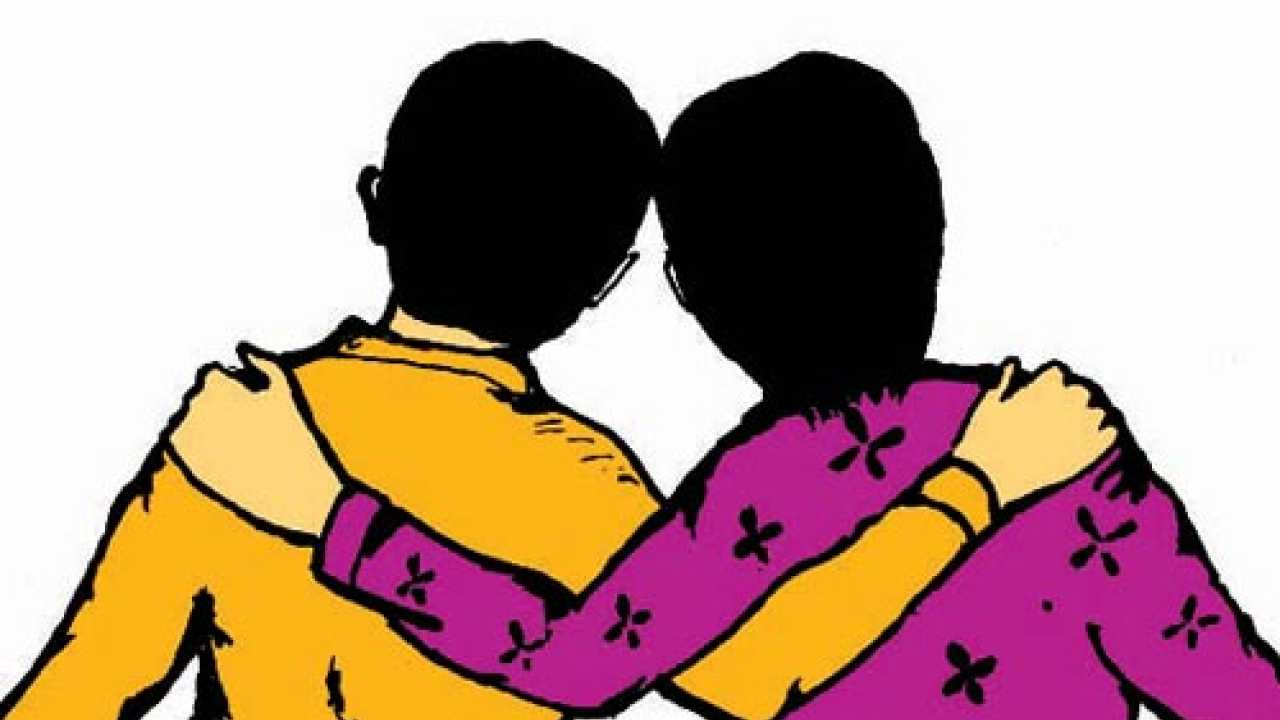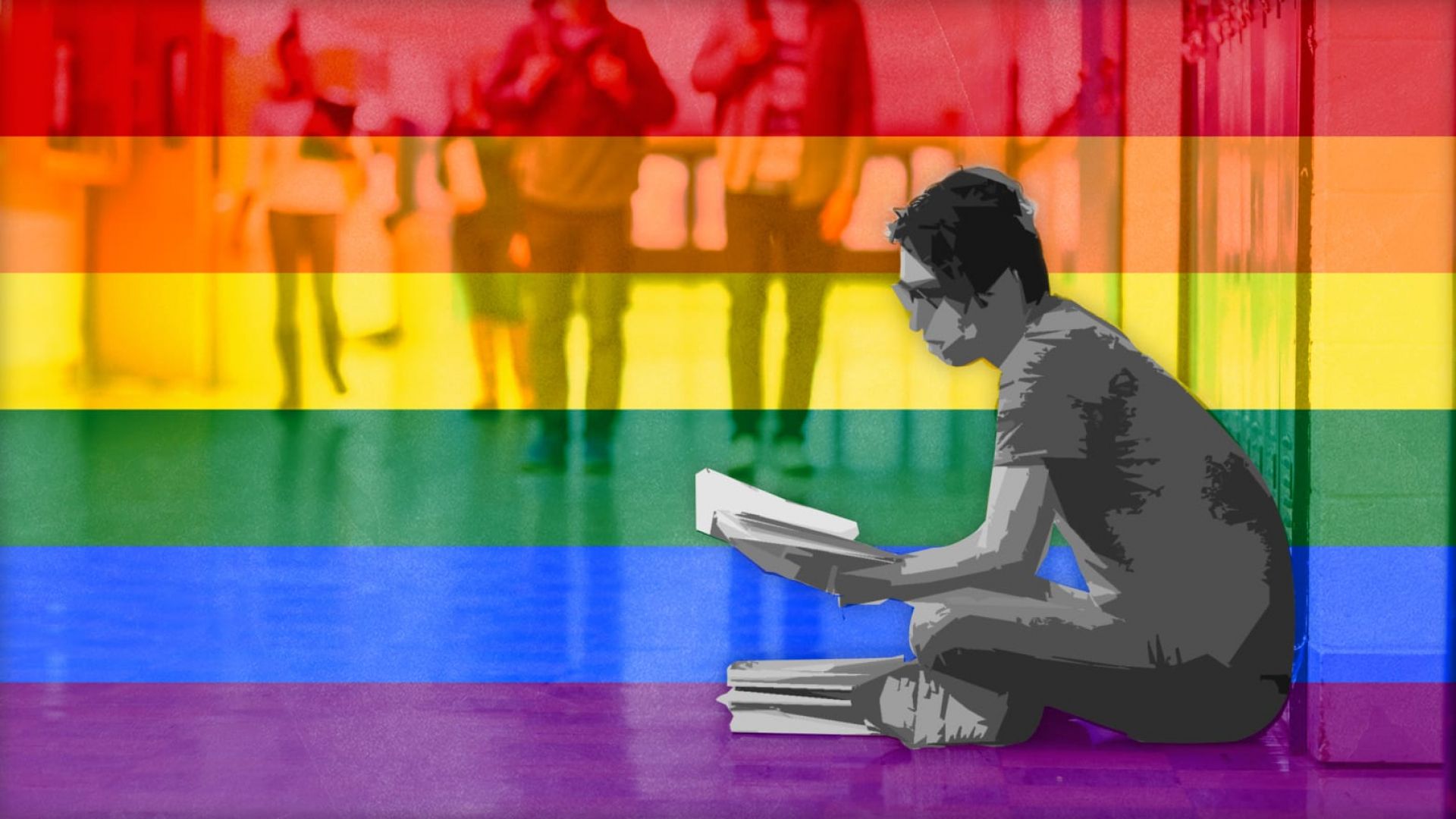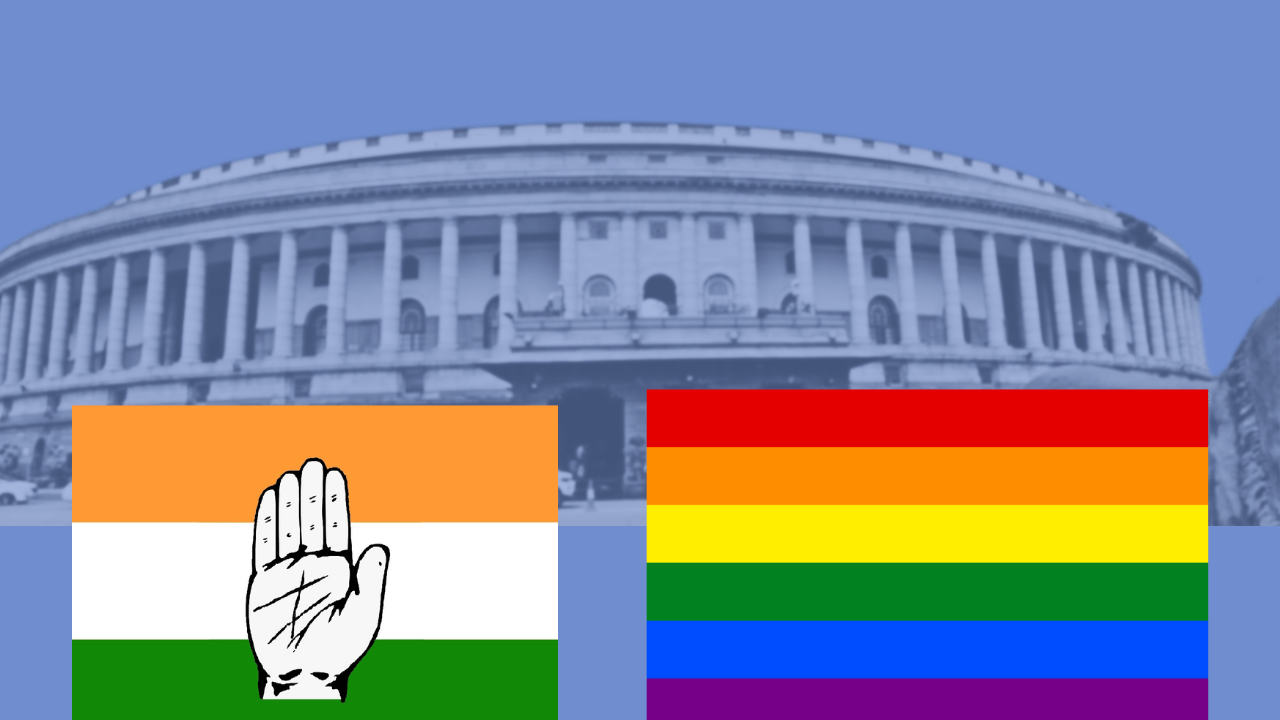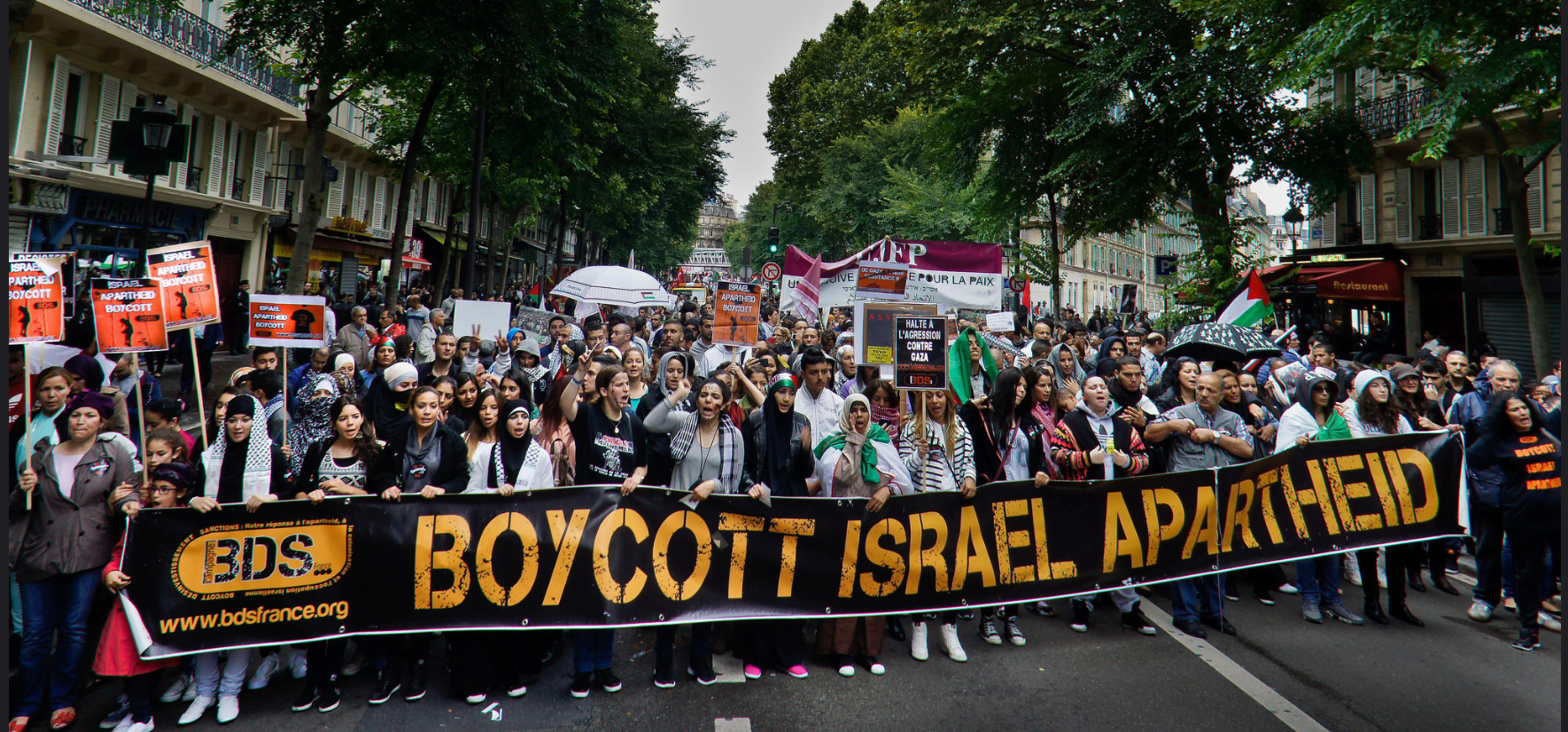Posted by Ketan Jain
Our conversations on sexual harassment usually assume that everyone is equally likely to be a victim. We seldom talk of how certain spaces and sexual preferences render some people more prone to sexual harassment than others. In an effort to challenge this assumption, this article uses interviews and blogposts to illustrate how there is a certain legal, social, online and political culture which make men who have sex with other men (MSMs) susceptible to sexual harassment.
This group is looked at specifically to shed light on the dangers they face and not to ignore other sexual minorities. In fact, other sexual minorities are not included here precisely because they may be part of cultures which perpetrate violence differently.
But who are MSMs? As the name suggests, ‘men who have sex with other men’ are cisgendered men (men assigned the gender male at birth and who identify as men) who want to and/or choose to engage in sexual activity (of any kind) with other men. Even if the majority of people falling under this category may be homosexual or bisexual men, MSMs can refer to many more people. To name a few: experimenting men, married men who still have sex with other men, questioning/queer men, those who go ‘gay for pay’ etc. The phrase ‘MSMs’ is used for a lack of better and all-encompassing terminology. Most of the men interviewed for this article are from upper and middle class backgrounds, and are of different religions and castes.
men who have sex with other men are cisgendered men who want to and/or choose to engage in sexual activity with other men.
Many men who want to engage in sex with other men cannot do so in their social spaces because of the possibility of facing discrimination on coming out. For this reason, most of the sexual interaction which MSMs take part in are through online dating apps like Tinder and Grindr. Tinder is relatively safer because it requires a ‘match’ between two individuals based on filters of gender and age before they are allowed a conversation. Grindr – exclusively a gay dating app – showcases your profile to everyone else on the app. Moreover, if your location’s enabled, the distance between you and another person is given on the app (sometimes, in feet). This allows ease in the physical identification of a MSM around you which has been a boon to many. However, this ease in identification is exactly what can be a cause of harassment. On this, an anonymous interview with a bisexual man gives some insight.
“One time, I was walking in a park near my house and a random man who I’ve never seen before approaches me and asks me if I want to do something with him. I calmly asked him why he would assume I do, to which he showed me his Grindr. I politely said no but he continued to repeatedly ask me why. Luckily, I had friends around who I could escape to to avoid him. But after that incident I stopped using Grindr.”
Even if you turn off your location, you are attacked with unsolicited dick pics. Additionally, a rejection of a hookup many times elicits anger. This implies that the assumption in these online dating spaces by many MSMs is that there is no need for consent. That, simply your presence on Grindr is a warrant for sex. There is also a problem with assuming that if a man enters these online spaces, he desires genital intercourse. Another interview with a gay teenager adds to this point.
Even if you turn off your location, you are attacked with unsolicited dick pics.
“Both (Grindr and Tinder) are seen as hookup apps and as somebody who doesn’t actively look for hookups and has never really done one, it is very intimidating to be on dating apps because there is an expectation which people have from you or, maybe, I feel like there is an expectation that people have from me. And people are just directly horrible in these apps because they feel like just because someone is on this app, it gives them the consent to be as shitty as they want to be.”
The problem with this expectation is that one’s sexuality is conflated with one’s consent. That, your sexual identity, preference or desire is a call for sex. This expectation of MSMs by MSMs is analogous to the sexist expectation of women by heterosexual men. That, simply by virtue of being a woman they should satisfy the desires of any man who asks them for it.
Added to these problems are the dangers of online dating in general, which people of any sexual preference can face. For instance, it is easy to fake identities and intentions on digital platforms – this can be a major cause of violence. Let’s not forget that earlier this year the Ayush Nautiyal murder case occurred, where a 21-year old DU student met another man through a dating app and was murdered. On a similar note, Vaibhav Singh shares his experiences with dating apps.
This expectation of MSMs by MSMs is analogous to the sexist expectation of women by heterosexual men.
“Pehle (firstly) one guy turned up, messaging me and coaxing he wants to meet a like-minded educated individual to have coffee with. Then, a totally different burly looking man showed up and held me by my wrist and started dragging me away from the Nizamuddin station. And then guy-number-two who is also a giant and scary looking turns up saying they want INR 10,000 and that if I don’t pay up they would get me imprisoned under Section 377. I said I’m a student and I don’t have money. They switched to foul language and said, ‘Sun be bhosdikey zyada shana bana toh mar mar ke bhoot bana dunga’ (listen you son-of-a-whore, if you act too smart then I would beat you up till you look like a ghost) and that was it. My heart was thumping in my throat. I jerked off my wrist and ran. Ran like crazy. And didn’t stop running until I reached platform number 7 of Nizamuddin.”
Despite possible dangers, these online dating apps remain indispensable to those with aberrant sexual preferences. This is because often these are the only platforms where they can interact with others of similar preferences without fear of ostracism and hate.
“I feel like there aren’t any spaces where you can interact with queer youth [apart from dating apps], even Instagram for that fact. Because, I’ve mainly used dating apps just to talk to other gay people. And that’s very weird.“
It is important to note that not every MSM is equally prone to these dangers of sexual harassment. A lot of upper caste upper class MSMs have access to safer spaces of interaction with other men. Or come from liberal environments where they have the privilege to meet people of similar interests. The influence of this class and caste of MSMs is also necessary to highlight. On a similar note, in one of the experiences submitted anonymously to the Radio in a Purse as a blogpost, a student shared his anxious trail of thought he had on meeting someone through Tinder. Throughout the experience he constantly compared himself to his friends who have had a lot more wild experiences with sex.
“I couldn’t help but compare myself to all my other friends. The heterosexual ones get sex easily, and the homosexuals are usually from big cities and have a lot more experience. I am not like either of them. While I have had good sexual encounters in my university but nothing which could match theirs’. I tried to calm my mind telling it that it’s fine.”
There is a standard of sex which a lot of people feel they have to meet. For a lot of people, this standard is based off hearsay about sex. For the person who wrote the aforementioned blog post, heterosexual men and privileged homosexuals fall in the same category because they’d set an unmatchable standard of sex. There are a lot of possibilities of sexual violence in the effort to meet these standards.
“Throughout the process I continued thinking of multiple things and not acting up on any: This is how it is supposed to work out, isn’t it? This is what happens, even in porn. I’m supposed to feel pain, it’s the pain which is supposed to be pleasurable. I’ve had sex before, of course it hurts, why am I being whiny? Just moan louder, maybe he’ll stop. I started moaning and he covered my mouth with his hand.”
This blog post also highlighted the fact that a lot of ideas of sexuality which people have are usually informed by porn. Porn isn’t the best source to learn about consent. In fact, porn often paints a very hyper-masculine picture of sex. It doesn’t allow any space for the various possibilities of non-heterosexual sex.
Most of all however, the leading cause of sexual harassment is the law. In the contemporary Indian context, where even cases of sexual violence with male perpetrators and female victims haven’t been treated effectively, non-heterosexual acts of sexual harassment are even more likely to go unreported and treated unjustly. There is no rape law for men. Furthermore, if rape or sexual harassment cases involve a male perpetrator, there is the fear of getting registered under Section 377, as highlighted by Vaibhav’s experience. An important incident to remember in this regard is one which happened in 2015. A man was attending an LGBTQI event in Bombay and he goes to a nearby chawl to smoke a cigarette; there, he gets beaten up and sexually harassed by some men. Later, with the help of Humsafar Trust, he is able to file an FIR. Yet, the FIR ignored the sexual nature of the harassment, and only cited sections of the law referring to physical assault. The legal and political landscape thus further encourages perpetrators because there is no space to hold them accountable.
There is no rape law for men.
Sexual harassment faced by MSMs thus cannot be understood on the same terms as heterosexual cases of harassment. They proliferate under different circumstances and need a slightly different perspective when advocated against. As we celebrate our sexual identities under the rainbow flags this Pride Month, let’s also remember the dangers we face. At most, let’s start talking about sexual harassment more contextually and critically, instead of assuming all perpetrators are the same and everyone else as equally susceptible to the threats they pose.
Also read: Varta Trust Launches Online Locator For Queer-Friendly Services In India




